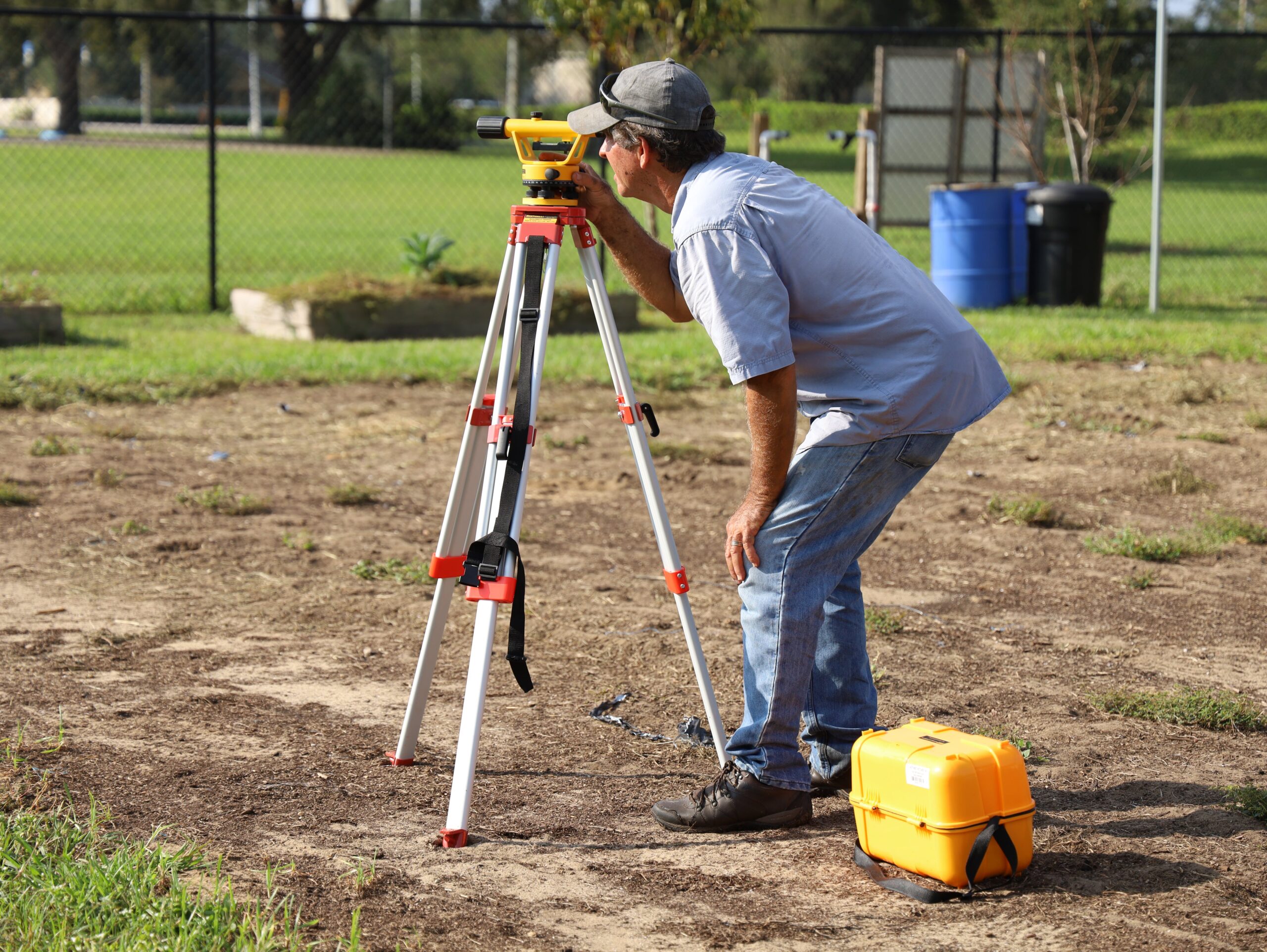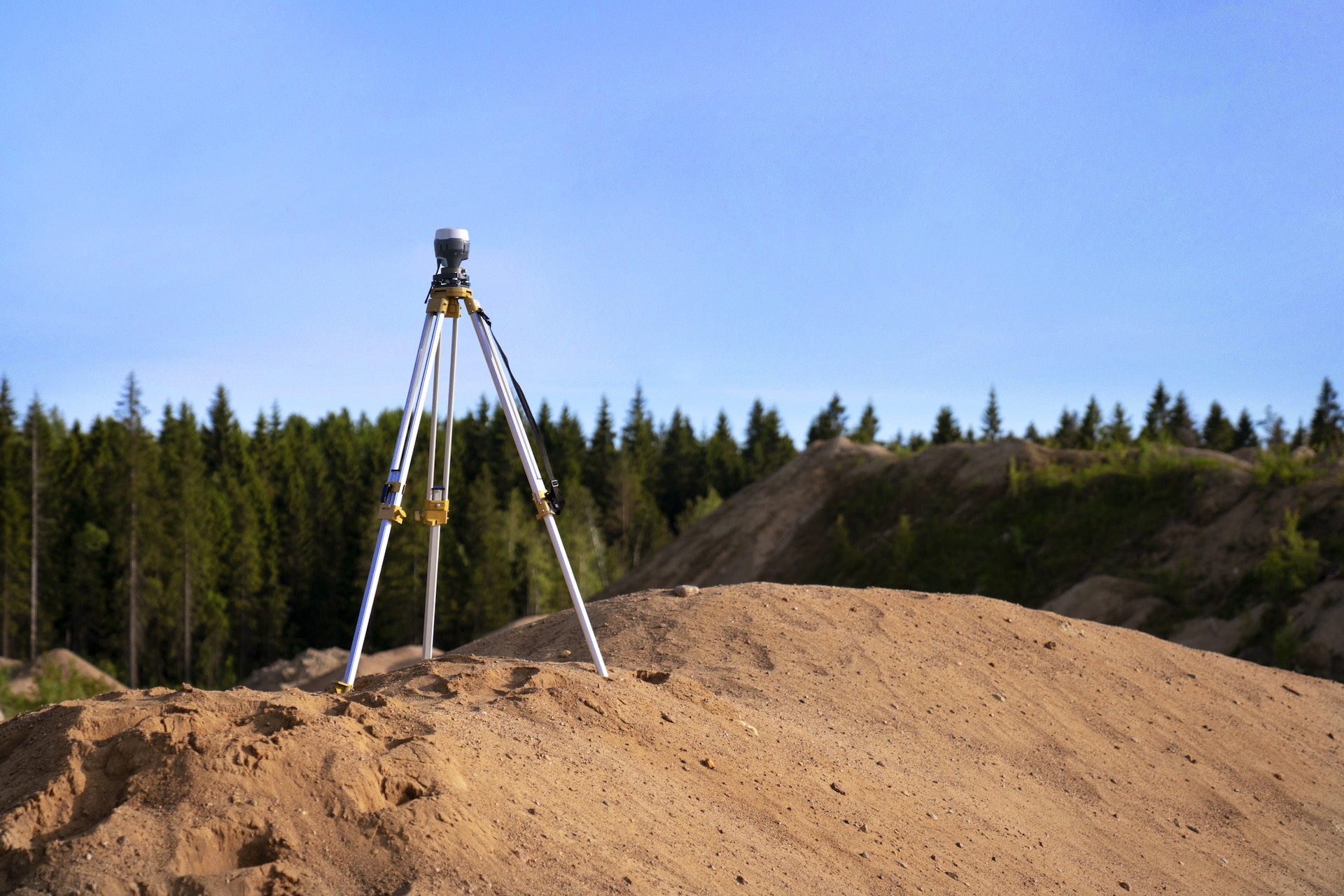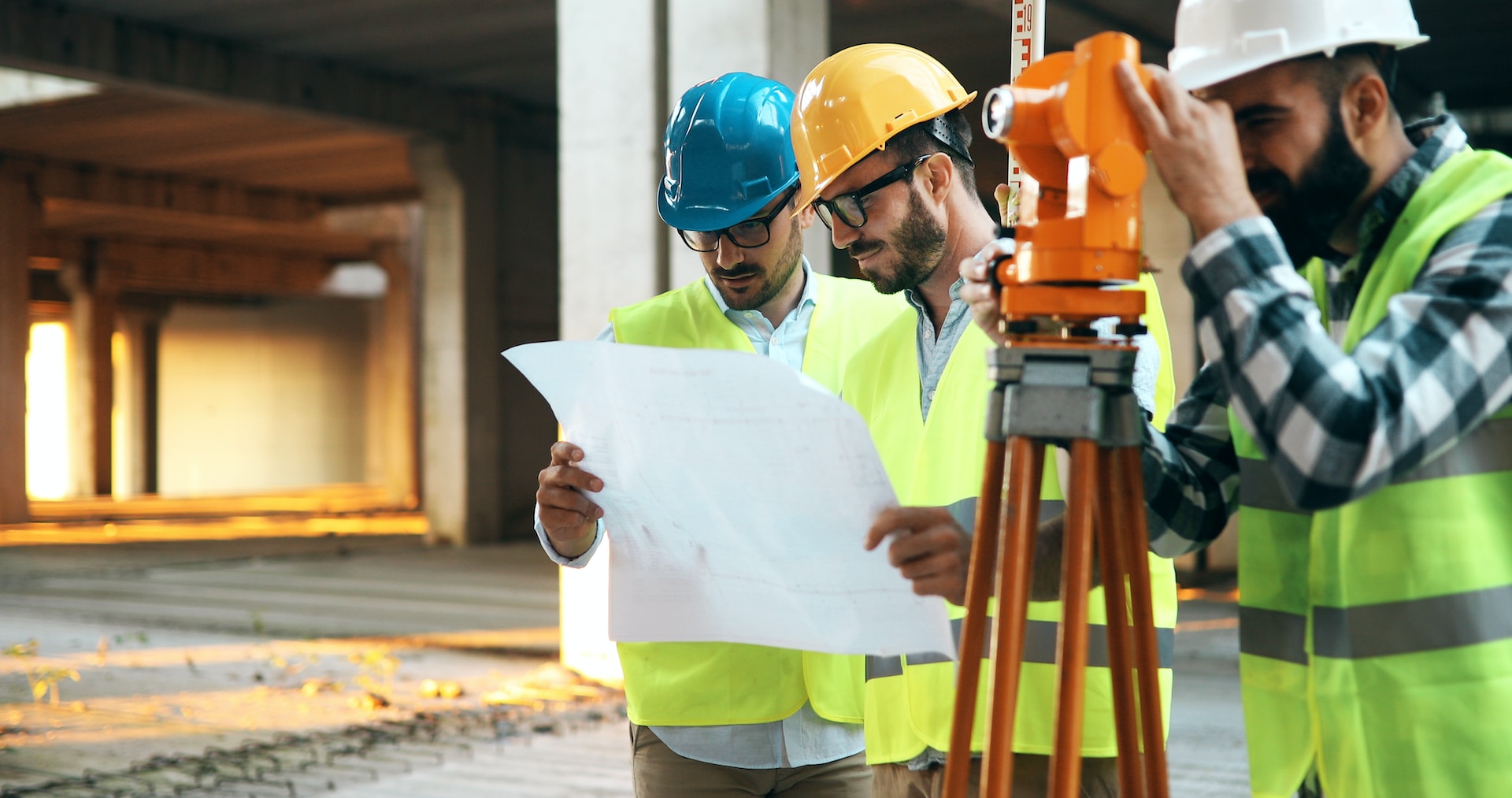Land surveying is a critical aspect of property management, ensuring accurate information is gathered and used in various decision-making processes. With an industry as complex and diverse as land surveying, it’s essential to acknowledge the various services offered and understand their importance in property management. In this comprehensive guide, we will dive deep into the land surveying services provided by Will’s Service Group, a company committed to delivering high-quality and affordable services for both residential and commercial clients.
From navigating property boundaries to ensuring property developments adhere to local regulations, land surveying services play a crucial role in the successful management of your property. Join us as we explore various land surveying services, their applications, and the value they bring to effective property management. Make sure to stay informed, confident, and empowered when dealing with land surveying matters on your property.
Boundary Surveys: Establishing Property Lines
A fundamental service offered by Will’s Service Group is boundary surveys. This type of survey determines the exact location of a property’s boundaries, helping property owners make informed decisions regarding land acquisitions, construction projects, and boundary disputes. Boundary surveys also ensure compliance with local zoning laws and regulations, providing legal documentation of property lines.
In addition to establishing property lines, Will’s Service Group also verifies previous surveys, identifies potential encroachments, and addresses any discrepancies in boundary information. By providing accurate and up-to-date property line information, boundary surveys play a vital role in property development and overall management.
Topographic Surveys: Mapping the Terrain
Topographic surveys are an essential service for any property owner or developer. These surveys identify and map the natural and man-made features of a property, including elevations, contours, vegetation, and existing structures. Topographic surveys enable architects, engineers, and other professionals to make informed design decisions for proposed construction projects and site development.
Will’s Service Group conducts thorough topographic surveys using advanced technology and proven methodologies, providing accurate and detailed representation of the site’s conditions. With reliable and current topographic data, clients can effectively plan and execute construction projects, ensuring minimal environmental impact and optimal use of the land.
Construction Staking: Guiding the Building Process
Construction staking, also known as construction layout, is a critical land surveying service that establishes points on a property for the accurate placement of structures or improvements. These points, based on the property’s legal boundaries and the site’s topographic data, act as a guide for construction crews during the building process.
Will’s Service Group’s construction staking services ensure structures are built in the correct locations while adhering to local regulations and setbacks. As a result, potential issues such as encroaching on neighboring properties or violating zoning laws can be avoided. Investing in construction staking helps maintain a smooth construction timeline and mitigates the risk of costly mistakes.
Subdivision Surveys: Creating New Parcels of Land
Subdivision surveys are utilized when dividing a piece of land into smaller parcels for separate sale, development, or use. Will’s Service Group’s team of expert land surveyors not only ensures that each newly created lot meets local zoning codes, ordinances, and land-use regulations but also helps in preparing legal documentation associated with the parcel subdivision.
By partnering with Will’s Service Group for subdivision survey services, property owners can seamlessly divide their property with confidence, knowing that all legal and regulatory requirements are thoroughly addressed.
ALTA/NSPS Land Title Surveys: Meeting Industry Standards
American Land Title Association (ALTA) and National Society of Professional Surveyors (NSPS) Land Title Surveys are a specialized type of survey that adheres to strict national standards set forth by both ALTA and NSPS. These high-level surveys are often required for commercial property transactions, title insurance purposes, and property development or redevelopment projects.
As a comprehensive survey, an ALTA/NSPS Land Title Survey provides in-depth information about the property, including boundary measurements, encroachments, easements, zoning classifications, and existing structures. With their extensive experience navigating these industry standards, Will’s Service Group skillfully executes ALTA/NSPS Land Title Surveys, equipping clients with the necessary information for successful property transactions and development.
Flood Risk Assessment: Protecting Your Property
In areas prone to flooding, a flood risk assessment is an invaluable service that provides insight into property vulnerabilities and potential mitigation measures. Will’s Service Group’s professional land surveyors can evaluate a property’s flood zone designation, helping property owners understand insurance requirements and potential risks associated with flooding events.
By conducting flood risk assessments, property owners can make better-informed decisions regarding property development, insurance coverage, and flood prevention strategies.
Additional Land Surveying Services
Beyond the services mentioned above, Will’s Service Group offers an array of specialized land surveying solutions. Examples include Lot Split Surveys, Condominium Plats, Mortgage Surveys, and Route Surveys. Specific services are available for clients with unique needs in residential, commercial, or industrial projects.
Experience and Expertise: The Foundation of Quality Land Surveying
The success of any land surveying project relies heavily on the skills, knowledge, and experience of the land surveyors involved. With over ten years of industry experience, Will’s Service Group maintains a team of expert land surveyors committed to delivering accurate and efficient results. Through their collaboration with local organizations, including Target Surveying and Benchmark Land Services, their continued dedication to lowering prices in the surveying industry ensures clients receive top-quality services at the best possible value.
As you venture into the world of property management and development, remember that partnering with an experienced land surveying service provider like Will’s Service Group guarantees precise outcomes, paving the way for successful and seamless projects.
Make Informed Decisions with Professional Land Surveying Services
With an extensive portfolio of land surveying services, Will’s Service Group caters to a diverse range of property management and development needs. By investing in accurate and reliable land surveying services, property owners and developers can make informed decisions that contribute to the success of their projects, mitigate potential risks, and ensure compliance with local regulations.
Are you ready to embark on your property journey with confidence? Partner with Will’s Service Group for professional surveying services. Our commitment to lowering prices in the surveying industry guarantees transparent, affordable, and professional services delivered by a team of experienced land surveyors. Contact Will’s Service Group today, and let us help you navigate the land surveying process for the optimal outcome in your property management and development ventures.










